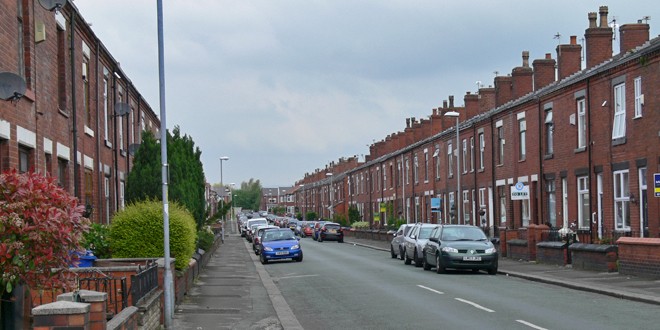 This article, written by Mike Latham, originally appeared in issue 398 of Rugby League World magazine. Issue 399 is currently in production and will be on sale from June 6. Click here to find out more about the magazine and to browse back issues click this link...
Rugby League World discovers how a handful of streets in Leigh have produced a rem
This article, written by Mike Latham, originally appeared in issue 398 of Rugby League World magazine. Issue 399 is currently in production and will be on sale from June 6. Click here to find out more about the magazine and to browse back issues click this link...
Rugby League World discovers how a handful of streets in Leigh have produced a rem Feature: Where the streets have known names
 This article, written by Mike Latham, originally appeared in issue 398 of Rugby League World magazine. Issue 399 is currently in production and will be on sale from June 6. Click here to find out more about the magazine and to browse back issues click this link...
Rugby League World discovers how a handful of streets in Leigh have produced a rem
This article, written by Mike Latham, originally appeared in issue 398 of Rugby League World magazine. Issue 399 is currently in production and will be on sale from June 6. Click here to find out more about the magazine and to browse back issues click this link...
Rugby League World discovers how a handful of streets in Leigh have produced a rem 